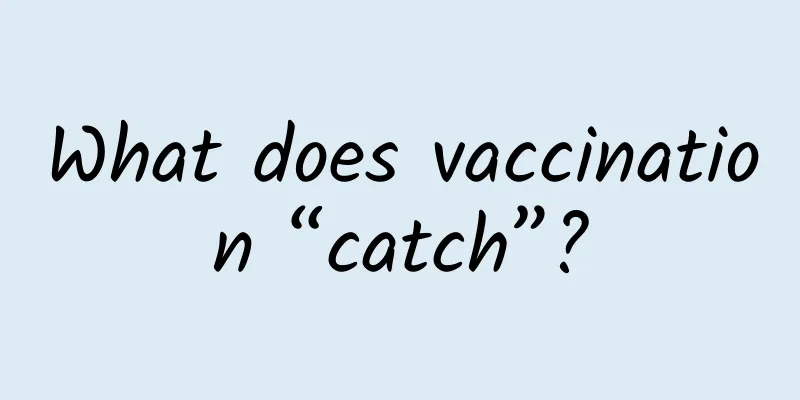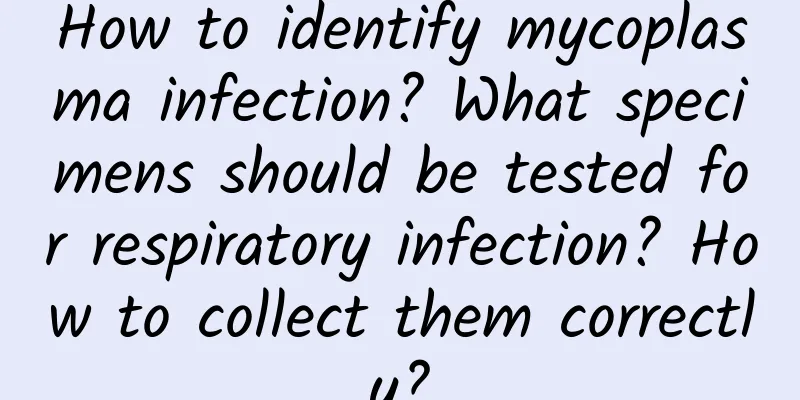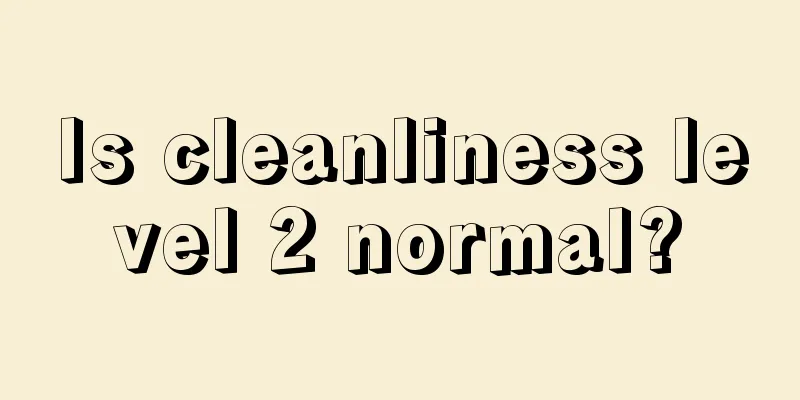What does vaccination “catch”?

|
Author: Chen Dianjie, Fifth Medical Center, PLA General Hospital Reviewer: Zhang Jieli, Deputy Chief Nurse, Fifth Medical Center, PLA General Hospital Zhang Xin, Deputy Chief Physician, Fifth Medical Center, PLA General Hospital As the most effective way to prevent infectious diseases, how does vaccination work? What exactly does the small vaccine "plant" in our bodies? The answer is a small number or some pathogens, which are microorganisms that cause disease in humans or animals. Immunization actually means injecting something into the body that can cause disease? ! Don't worry, because the pathogens in the vaccine have been specially treated. Vaccines can be divided into: Inactivated vaccines: After the pathogenic microorganisms are inactivated, only immunogenicity (the ability to induce immunity) is retained without pathogenicity, such as inactivated polio vaccine and inactivated new coronavirus vaccine; Live attenuated vaccines: vaccines that have undergone special treatment to reduce the toxicity of pathogens, such as live attenuated measles vaccines and live attenuated rubella vaccines; Subunit vaccine: Only the special immunogenic structure of the pathogen is extracted to make the corresponding vaccine, such as the recombinant new coronavirus vaccine; Genetically engineered vaccines: vaccines made by using DNA recombination technology to implant genetic material into pathogenic microorganisms, fully express and purify them; Other vaccines: including mRNA COVID-19 vaccine, polypeptide vaccine, etc. Immunization is the process of inoculating various vaccines into the human body using different methods and routes. Common routes include skin scratches, intradermal injections, subcutaneous injections, intramuscular injections, oral administration, and aerosol inhalation. After the vaccine enters the human body, the body's immune system will produce specific antibodies against it. And the human immune mechanism can "remember" these pathogens, and when the real pathogenic microorganisms attack, these antibodies can produce a protective effect. Immunization can be divided into three types: routine vaccination, emergency vaccination and post-exposure vaccination. Routine vaccination This form is adopted in most areas of my country. It is also the most commonly used and important form of immunization work, that is, to carry out routine immunizations for the population to be vaccinated in a fixed service area according to the immunization procedures prescribed by the state or local authorities at a certain period. Emergency vaccination In areas or units where an infectious disease has broken out, emergency immunization is carried out in a short period of time for people who may be exposed (i.e. close contacts) or people entering the epidemic area from non-epidemic areas. Vaccines that can be used for emergency vaccination must be able to produce immunity quickly after vaccination and have no danger to people in the incubation period. For example, the incubation period of measles is generally 7 to 14 days, and antibodies can be produced in about 7 days after vaccination. Therefore, vaccinating susceptible people during an epidemic can control the spread of the epidemic or end the epidemic. Post-exposure vaccination Post-exposure vaccination is vaccination of people who have been exposed, such as rabies vaccination after being bitten by a cat or dog, or hepatitis B vaccination after being pricked by a needle used by a hepatitis B patient. Warm reminder: Please keep your pets in a civilized manner and be careful not to hurt others or yourself! In order to achieve better preventive effects, this type of vaccination can be used simultaneously with passive immunization preparations (specific immunoglobulins). The earlier the vaccination is after exposure, the better the effect. Generally, the first vaccination is required to be completed within 24 hours after exposure. Figure 1 (copyright image from the gallery, unauthorized reproduction) Although vaccination can significantly reduce the incidence of the diseases it prevents, it cannot 100% guarantee that you will not get the disease for the following reasons. Some diseases have many different pathogens or are prone to mutation If a vaccine cannot cover all pathogens or the pathogen mutates, the original vaccine will lose its effectiveness. For example, the current hand, foot and mouth disease vaccine only targets hand, foot and mouth disease caused by EV71 (enterovirus 71), but there are more than 20 types of enterovirus that cause hand, foot and mouth disease. If infected with other types of enterovirus, the vaccine will lose its preventive effect. Figure 2 (copyright image from the gallery, unauthorized reproduction) After vaccination, the body has not had time to produce antibodies After vaccination, the human body does not produce antibodies immediately, but requires a process, which usually takes 1 to 2 weeks. If you come into contact with the pathogen during this period, you may still be infected. Vaccination failed, immunity failed There is almost no vaccine that can achieve a 100% protection rate. Most vaccines have a protection rate of 80% to 95%. In addition, 5% to 20% of people fail to be vaccinated and cannot successfully produce antibodies, and may still get sick. For example, some people still have negative antibodies after receiving the hepatitis B virus vaccine, which cannot play a protective role. The specific cause of immune failure is still unclear, and it may be related to personal constitution. |
Recommend
More and more young people are diagnosed with thyroid problems. To protect the "bow tie" in your body, start with these 4 things
The thyroid gland, a butterfly-shaped gland locat...
Can pregnant women eat small tomatoes?
There are many types of persimmons. Based on the ...
What is mental health? How can we manage it?
Author: Du Yasong, Chief Physician of the Mental ...
Will I age faster after my ovaries are removed?
The importance of the uterus and ovaries to women...
No withdrawal bleeding with emergency contraceptive pills
Withdrawal bleeding is a relatively common sympto...
How to check the Android system version of the phone? How to restore the Android system to the previous version
The Android system is used by major mobile phone ...
What to do if you sleep together during early pregnancy
Many couples become very excited and cautious whe...
Leucorrhea like tofu residue and itching in lower body
Abnormal leucorrhea is a very common condition in...
What kind of tofu is best for fermented tofu? Is it better to use old tofu or soft tofu to make fermented tofu?
We all know that fermented tofu is a delicacy mad...
Causes of breast pain in women
There are many reasons for breast pain, which is ...
Why do leaders like to flatter people who don't work? My colleagues are especially good at flattering me. What should I do if I don't know how to do it?
In the workplace, you will always encounter some ...
What lip shape is good for girls
Women's lips are very sexy. For women who lov...
Waist tattoo for women
The girl's lower back tattoo has a fresh and ...
Will exercise in late pregnancy reduce the baby's weight? What are the benefits of exercise in late pregnancy?
Exercise in the late pregnancy will be very helpf...
Does curettage require hospitalization?
Curettage is a relatively traditional method of a...









